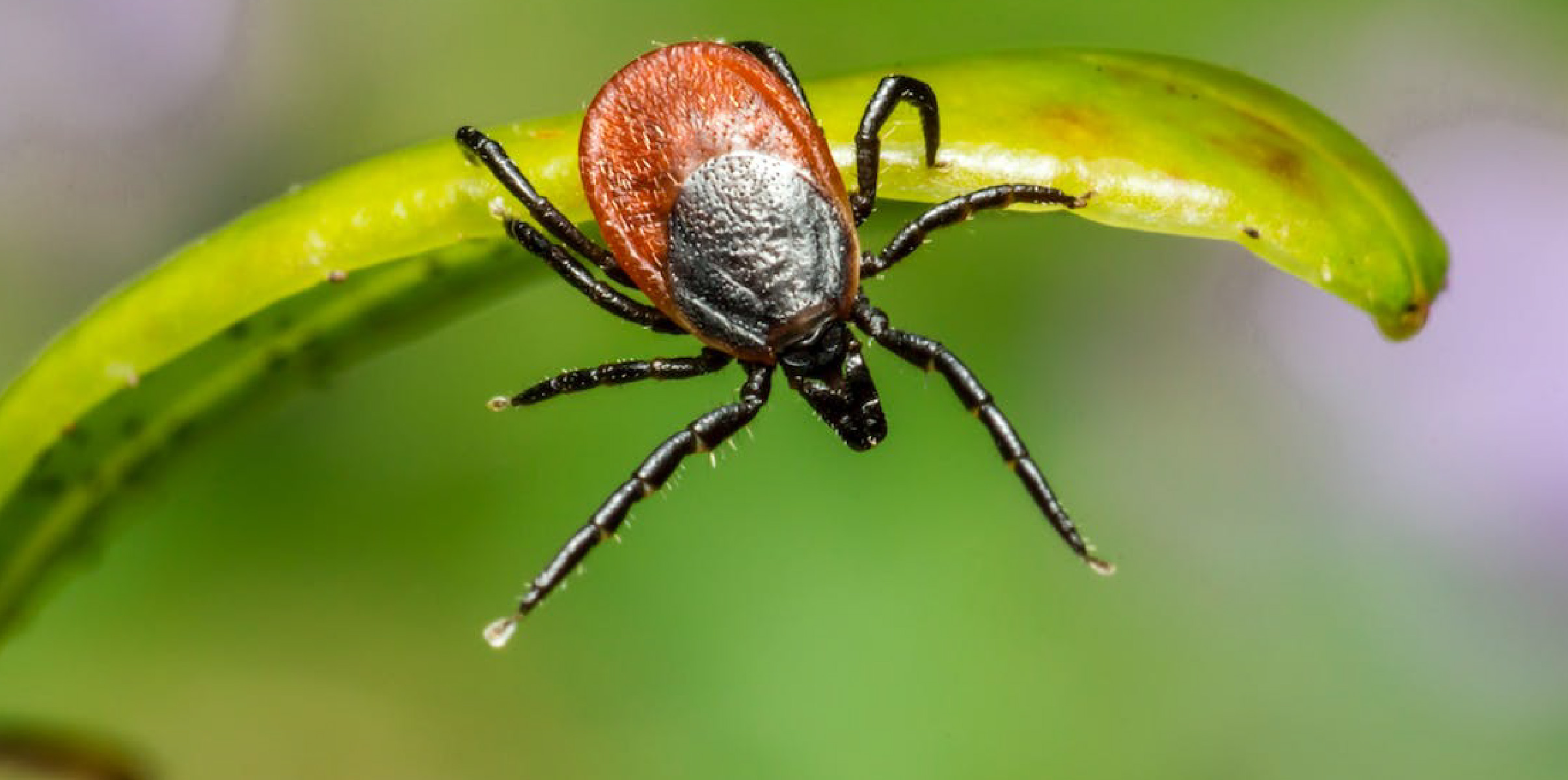
Evaluation of the Effectiveness and Efficiency of the Government Blitz Tick Grease programme
Zimbabwe is losing livestock to drought and tick-borne diseases such as theileriosis (January disease) amongst others. These diseases mostly result from increased tick infestation. Studies have shown that 30% of cattle deaths in Zimbabwe are due to tick-borne diseases. For instance, four tick borne diseases, babesiosis, anaplasmosis, theileriosis and heartwater, accounted for 69% of cattle deaths during the 2020/21 agricultural season.
The Government in collaboration with development partners has introduced the Livestock Growth Plan which seeks to revive and improve livestock production, as one of the major drivers contributing towards Vision 2030 of becoming an upper middle-income economy. The Livestock Growth Plan consists of strategic interventions on animal health, animal nutrition and disease surveillance.
It is against this background that the Center for Agriculture and Food Policy is providing technical assistance to MLAFWRD in undertaking an Evaluation of the Effectiveness and Efficiency of the Government Blitz Tick Grease Programme.CAFP also carried out a three day capacity building workshop on questionnaire programing, data cleaning, data analysis and report writing skills to the MLAFWRD Monitoring and Evaluation Officers.
- Data analysis and report writing is ongoing. The report will be shared once finalised.